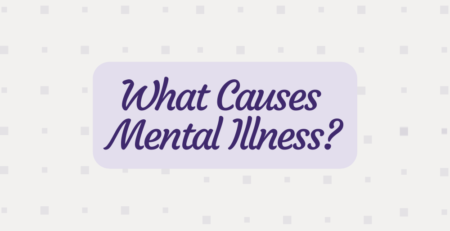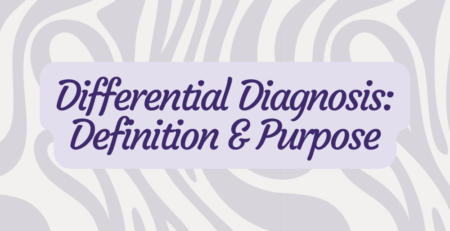Common PTSD Triggers
Post-traumatic stress disorder is a mental health condition you can develop after experiencing or witnessing a traumatic event. Recognizing things that can precipitate your PTSD symptoms is crucial for managing this condition effectively.
What Is a PTSD Trigger?
Specific stimuli can cause you to vividly recall your trauma, inducing intense emotional and physical reactions.
- Sounds: Loud, unexpected noises such as bangs or crashes can evoke memories of similar sounds like gunfire or explosions, especially for veterans or victims of violence.
- Sights: Images, environments, or even colors associated with the trauma may elicit powerful, involuntary emotional responses.
- Smells: There is an intrinsic connection between your sense of smell, emotions, and memory. Even decades later, a whiff of the same scent can instantly transport you back to the moment of trauma.
- Touch: Physical sensations, particularly those related to pain, can be unpleasant reminders of what you went through. Even gentle touches can trigger discomfort.
- Anniversaries: Dates that mark significant events, such as the anniversary of your trauma, can naturally lead to a resurgence of memories and associated stress.
- Media: Exposure to news reports, movies, or TV shows that depict similar events can also trigger your PTSD symptoms, turning watching television from a relaxing activity to a highly upsetting one.
Leading PTSD Symptoms
PTSD symptoms generally fall into four primary categories.
- Reliving the trauma: You may experience intrusive flashbacks, nightmares, and intense physical or emotional reactions to memories of the event.
- Avoidance: Those with PTSD tend to avoid places, people, or activities that remind them of what they went through. They may also refuse to talk about what happened.
- Negative changes in thinking and mood: These could manifest as persistent feelings of hopelessness, memory problems, and difficulty maintaining close relationships.
- Hyperarousal: Symptoms include startling easily, feeling tense, and having difficulty sleeping, which may lead to chronic stress.
Managing PTSD Triggers
At Serene Behavioral Health, we emphasize the importance of identifying and understanding PTSD to help our clients develop effective coping strategies and regain control of their lives. Managing PTSD requires a holistic approach that includes evidence-based therapies and sometimes medication. Additionally, lifestyle changes like regular physical activity, meditation, and establishing a consistent routine can bring you stability.
At Serene Behavioral Health, we specialize in treating PTSD with cognitive behavioral therapy and motivational interviewing. Our clinicians strive to create a safe, comfortable, and judgment-free recovery environment.
Don’t let your trauma constrain your life. Contact us today for more information about the proven therapeutic models provided by our compassionate trauma therapists.
















